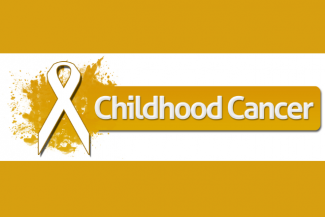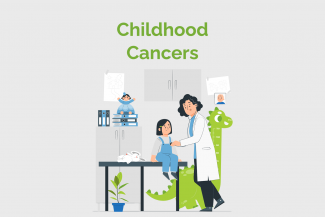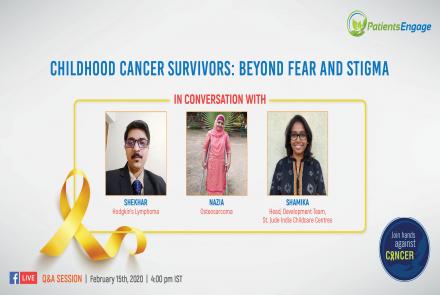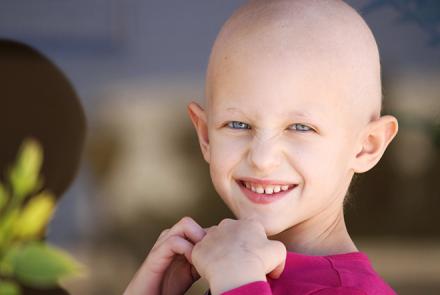
Although the exact etiology of childhood cancer remains unknown, there are may risk factors that can predispose children for developing cancer. These are broadly categorised as:
Genetic - Certain cancers like Retinoblastoma and Wilm’s tumor have a genetic link, which means that the children are born with a specific gene mutation inherited from a parent. Not all childhood cancers occur from an inherited mutation but can be due to a mutation that occurs early in life, maybe even in the womb. Such mutations are termed ‘acquired mutations” and do not pass on from parent to child. However, most childhood cancer mutations and their causes remain unknown.
Lifestyle- Children are usually too young to have been exposed to any extended lifestyle factors such as smoke, diet, toxins etc.
Environmental- Children who have had exposure to radiation for treatment for another cancer may have a higher chance of developing a second cancer later on. Remember that the benefits of radiation treatment outweigh such a risk.
Medical illnesses- Certain medical conditions like Down’s Syndrome has been known to increase the risk of Leukemia in children. The Wiskott-Aldrich syndrome, an immune system disorder is also known to cause cancers of the blood.
Viruses-Exposure to viruses such as HIV and Epstein-Barr can increase risk of cancers as Non-Hodgkins and Hodgins Lymphoma
References:
https://www.cancerresearchuk.org/about-cancer/childrens-cancer/risks-causes
https://www.stanfordchildrens.org/
www.cancer.org






